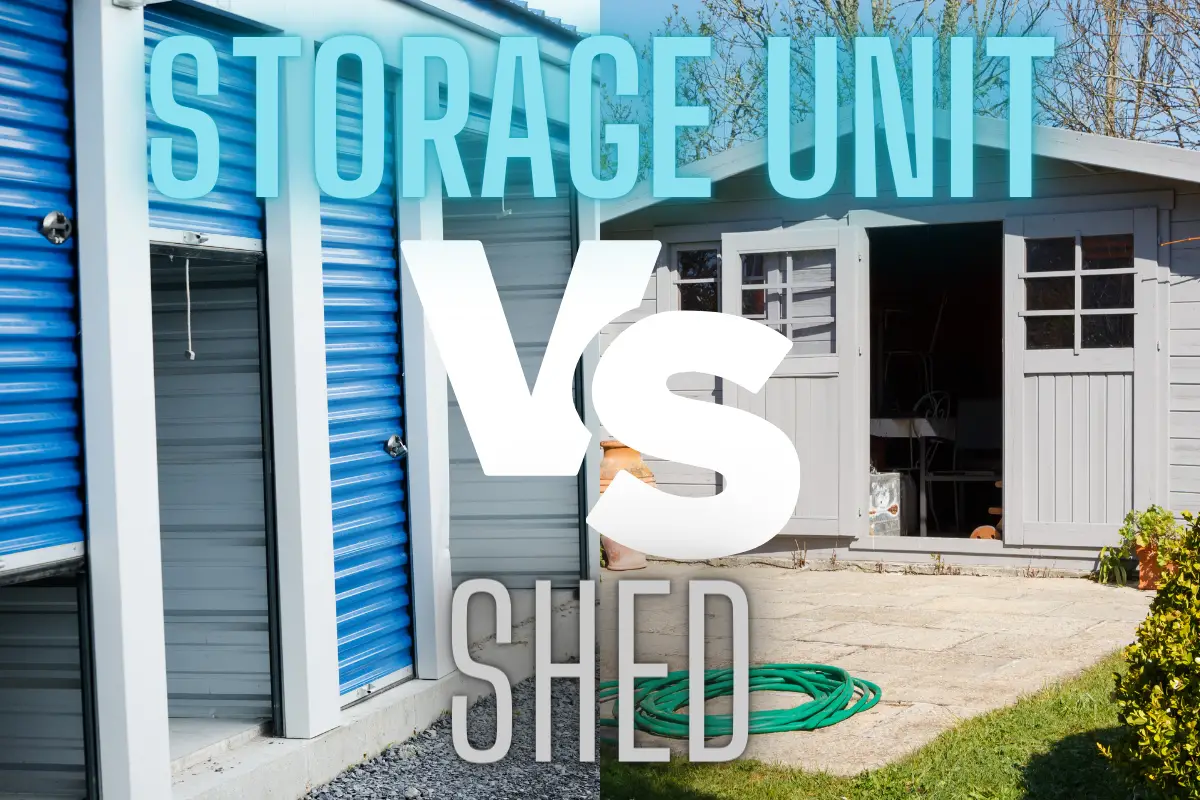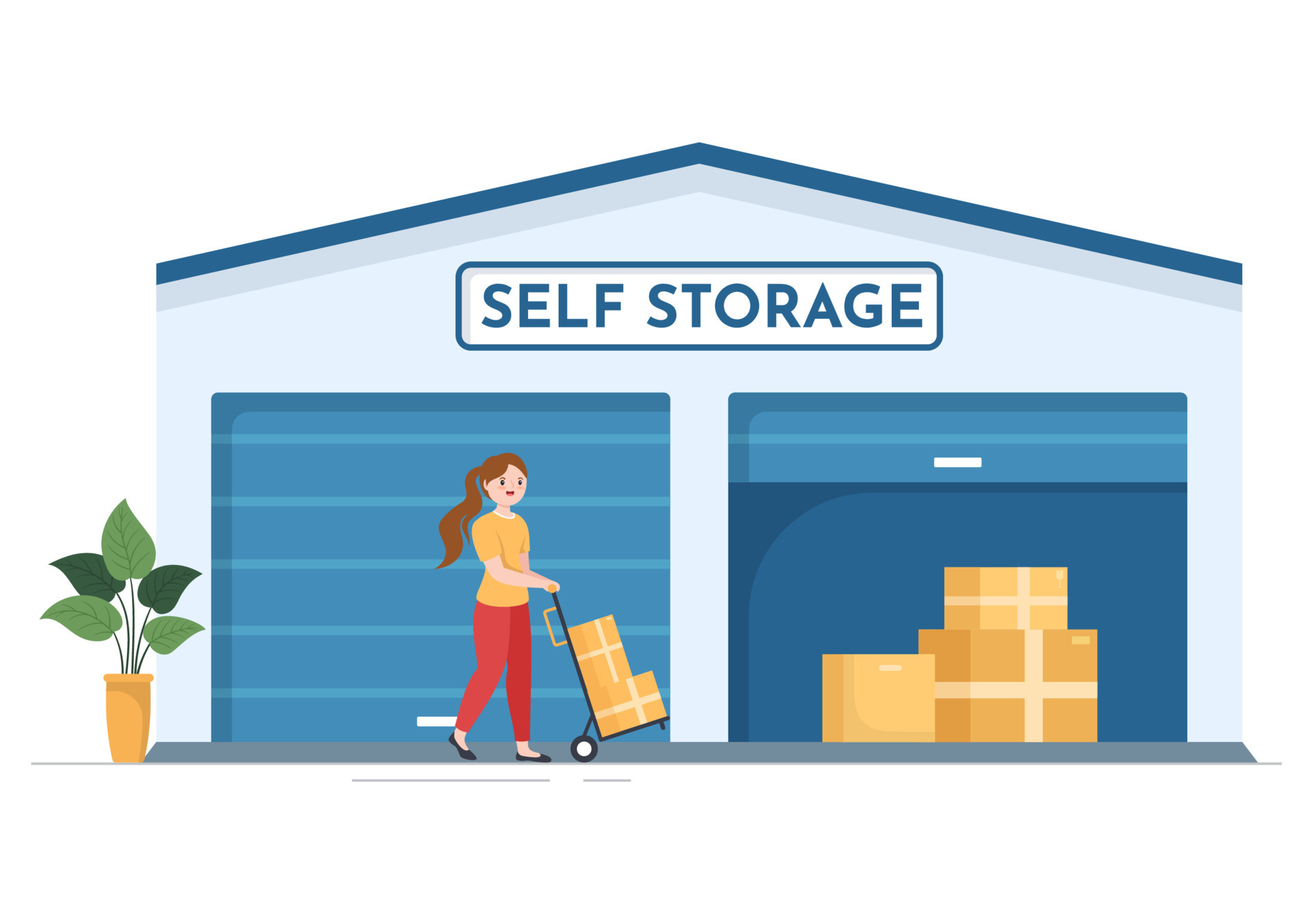
Rent a Storage Unit to Shed Unused Items
Have you ever glanced around your home and noticed how much space is taken up by things you rarely or never use? From the classic bike collecting dust in the corner of the garage to the stacks of boxes filled with who-knows-what, it’s not uncommon for items to outstay their welcome in our living spaces. The good news is, there’s a simple solution that doesn’t involve parting ways with your possessions permanently: renting a storage unit.
Why Rent a Storage Unit?
Storage units offer a flexible and secure way to store the belongings that you don’t need on a daily basis but aren’t ready to say goodbye to for good. Perhaps you’re downsizing your home, storing seasonal gear, or just aiming to declutter without the trauma of a full-scale purge. Renting a storage unit can provide the extra room you desire.
What to Store in a Storage Unit?
Before you plunge into this organizational adventure, it’s important to evaluate what should go into storage. Typically, non-essential items that are used infrequently are prime candidates. Think holiday decorations, off-season sporting equipment, keepsakes, and furniture that’s currently surplus to requirements, but might come in handy in the future.
However, be cautious of storing anything perishable, flammable, or otherwise hazardous. Most storage facilities have rules against such items to ensure safety and cleanliness.
Choosing the Right Sized Unit
Storage units come in a variety of sizes to suit different needs. It’s critical to pick one that accommodates your items without paying for unnecessary space. Here’s a basic guide:
- Small Unit (5×5 or 5×10 feet): This size is ideal for personal items, small pieces of furniture, or a modest amount of boxes.
- Medium Unit (10×10 or 10×15 feet): This space can hold the contents of a one-bedroom apartment, including appliances and several boxes.
- Large Unit (10×20 feet or larger): Such a unit is akin to a standard one-car garage and can comfortably fit household items from a multi-bedroom home.
Visiting a storage facility can help you get a better sense of the space available and what will work best for your needs.
Consider the Location
The location of the storage unit is another significant factor. A convenient location means easier access to your belongings when you need them. If you plan on visiting the unit often, choose one that’s close to your home. For long-term storage with infrequent visits, you may find better rates a little further afield.
The Importance of Climate Control
If you’re stashing items sensitive to temperature and humidity, like wooden furniture, electronics, or important documents, consider a climate-controlled unit. These units keep a consistent temperature and humidity level to protect your valuables from the ravages of extreme weather conditions.
Packing for Storage
Packing items correctly is vital in preserving their condition. Use sturdy boxes and appropriate packing materials, and make sure everything is clean and dry before storing. Label your boxes for easy identification, and plan the unit layout so that frequently used items are accessible.
Security and Access
When selecting a storage facility, inquire about their security measures. You want your belongings to be safe, so look for features such as gated access, surveillance cameras, and individual alarms for units. Additionally, check the facility’s access hours to ensure they align with your schedule.
Insurance: Better Safe Than Sorry
Even in the most secure facilities, it’s wise to protect your belongings with insurance. Some homeowner’s or renter’s insurance policies extend coverage to items in storage; if yours doesn’t, consider purchasing additional insurance offered by the storage facility.
Cost Considerations
The cost of renting a storage unit varies based on size, location, features, and rental duration. Always compare prices and ask about any deals or discounts that may be available, such as reduced rates for longer-term commitments or for paying upfront for several months.
While sorting through quotes and costs, don’t forget to read reviews and possibly visit the facilities in person. This ground-level research can help you assess the overall value beyond the price.
State of Mind
Finally, let’s talk about the psychological benefits. Clearing out your living space can have a profound impact on your state of mind. A clutter-free environment often leads to a clutter-free mind, opening up physical and mental space for productivity, relaxation, and overall well-being.
A storage unit is more than just a temporary home for your stuff; it’s a way to enhance your day-to-day life by removing the visual noise of unnecessary belongings. It’s like giving your home a deep breath of fresh air, providing the added bonus of knowing your items are secure and retrievable whenever you need them.
Conclusion

Renting a storage unit is an excellent strategy for maintaining a tidy, spacious home environment without parting with items that may hold value – sentimental or otherwise – for you. Shed those unused pieces from your living spaces and enjoy the tranquility that comes from a decluttered, organized home. Just remember to keep your storage game smart: choose the right size, consider climate control, pack carefully, ensure security, protect your belongings with insurance, and be mindful of costs.
With all these tips in hand, you are set to reclaim your living space and enjoy the peace of mind that comes with organized, off-site storage!